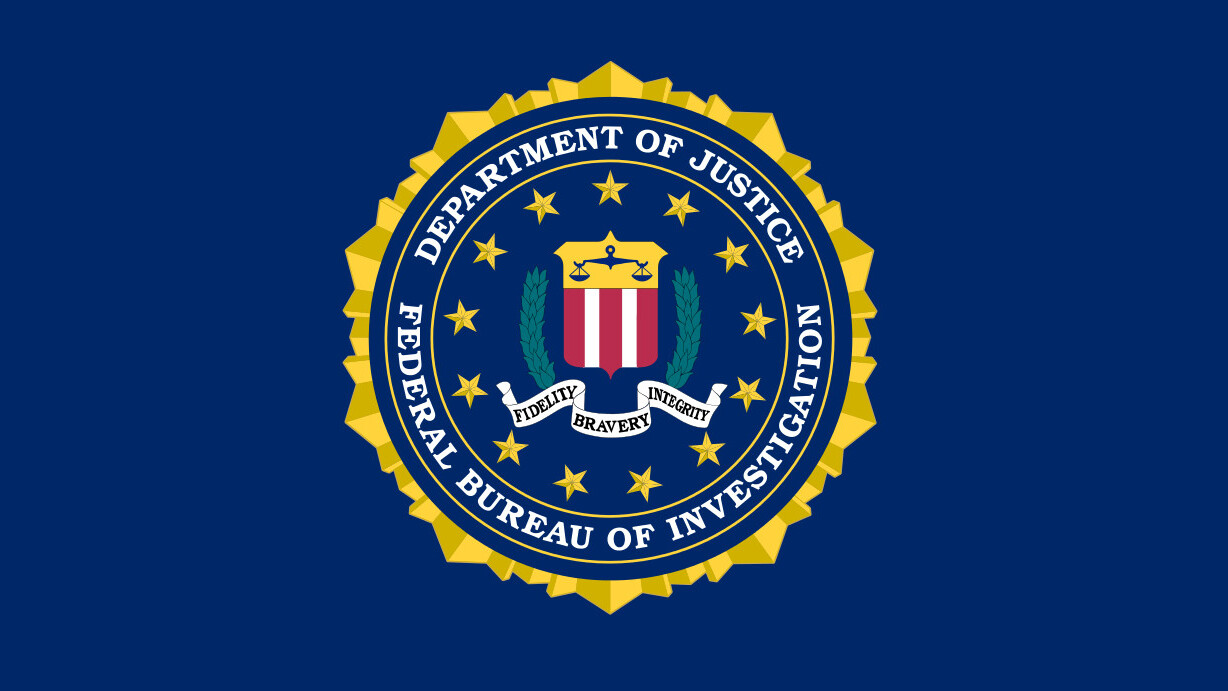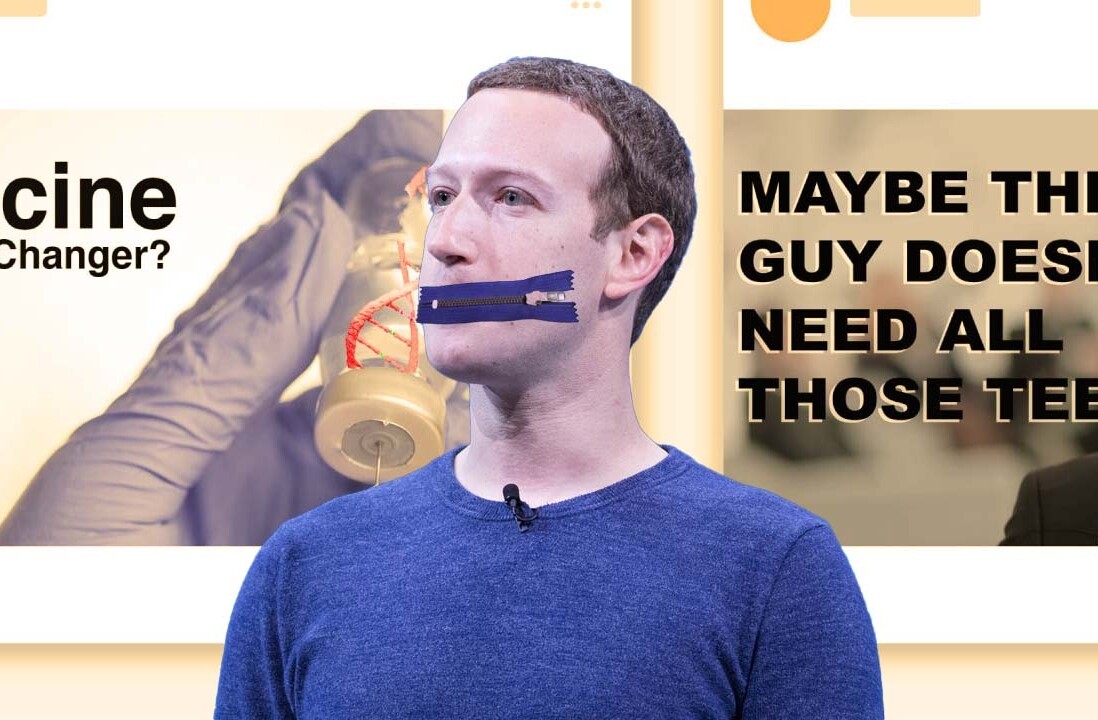
The American Civil Liberties Union (ACLU) today filed a motion with a Federal court requesting documents pertaining to an FBI attempt to force Facebook to hack its own Messenger service be unsealed.
The US Department of Justice (DOJ) unsuccessfully tried to order Facebook to alter its Messenger code earlier this year. The request came as part of an FBI case against alleged MS-13 gang members accused of violent crimes.
What the government sought at the time was access to encrypted Messenger calls. According to reports from Reuters and the Washington Post, a judge denied the request and a subsequent motion to hold Facebook in contempt for its refusal to comply with the DOJ order.
Facebook’s Messenger app can be used to make voice calls over the internet as well as sending text messages. The FBI reportedly already has text messages from the alleged gang members, but isn’t able to “wiretap” the voice service due to Messenger’s end-to-end encryption for calls. So the DOJ ordered Facebook to “decrypt” the calls.
The social network reportedly declined the demand on the basis that it would essentially require the social network to rewrite a substantial portion of the app’s code and “hack” its own users.
Apple CEO Tim Cook found his company in a similar situation in 2016 when authorities demanded he bypass iPhone security on a device used by a terrorist. As is the case with Facebook now, Cook declined.
But, to his credit, his reasoning was that Apple is dedicated to the privacy of its users, and he wasn’t willing to set a precedent that endangered the privacy of hundreds of millions of people.
The ACLU, on behalf of all US citizens, now wants to know exactly why the FBI thought it could compel Facebook to hack its own users. A representative told TNW:
We’re asking the court to make public the legal reasoning that decided the case, what authority the Justice Department thought it had to force Facebook to undermine its security infrastructure, and why the court determined the government was wrong.
The bottom line is the US government is making decisions about our privacy behind closed doors, in the shadows of justice. And, since there’s no reason to believe law enforcement agencies won’t continue to test the limits of our right to privacy, it follows that those who are opposed to government overreach should have access to case records in order to study and understand precedent.
We’ll keep our eyes on the ACLU motion as the case continues to unfold. TNW reached out to Facebook and the FBI press office for comment but did not immediately receive a response.
Get the TNW newsletter
Get the most important tech news in your inbox each week.




